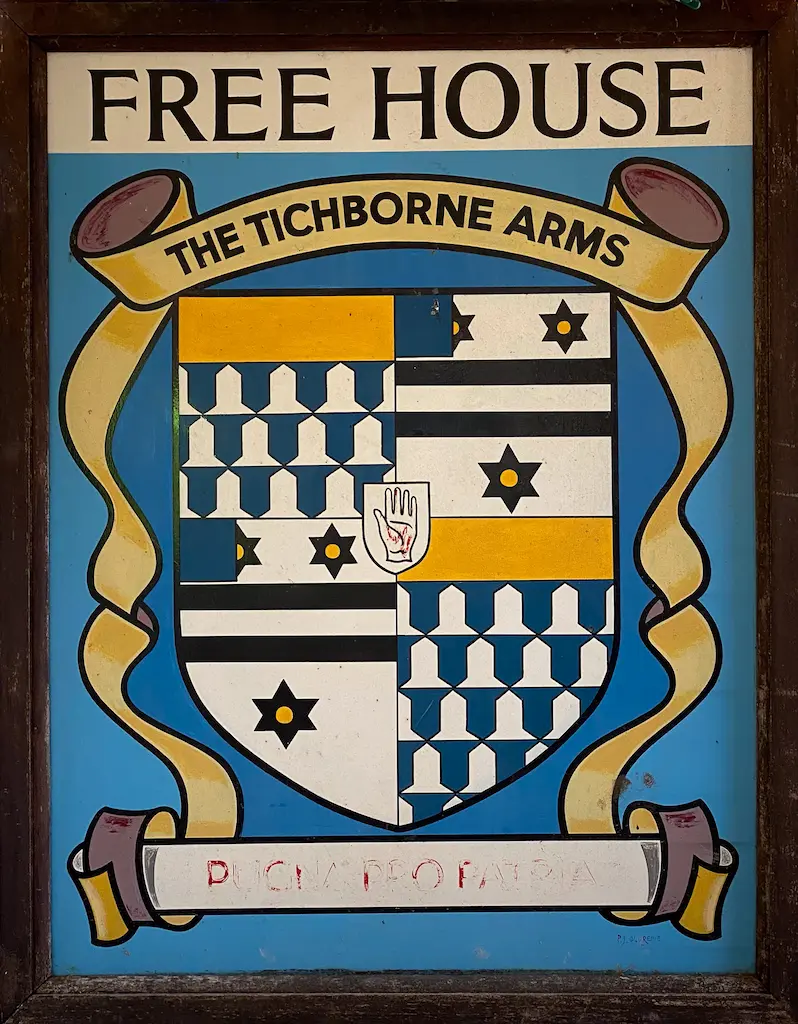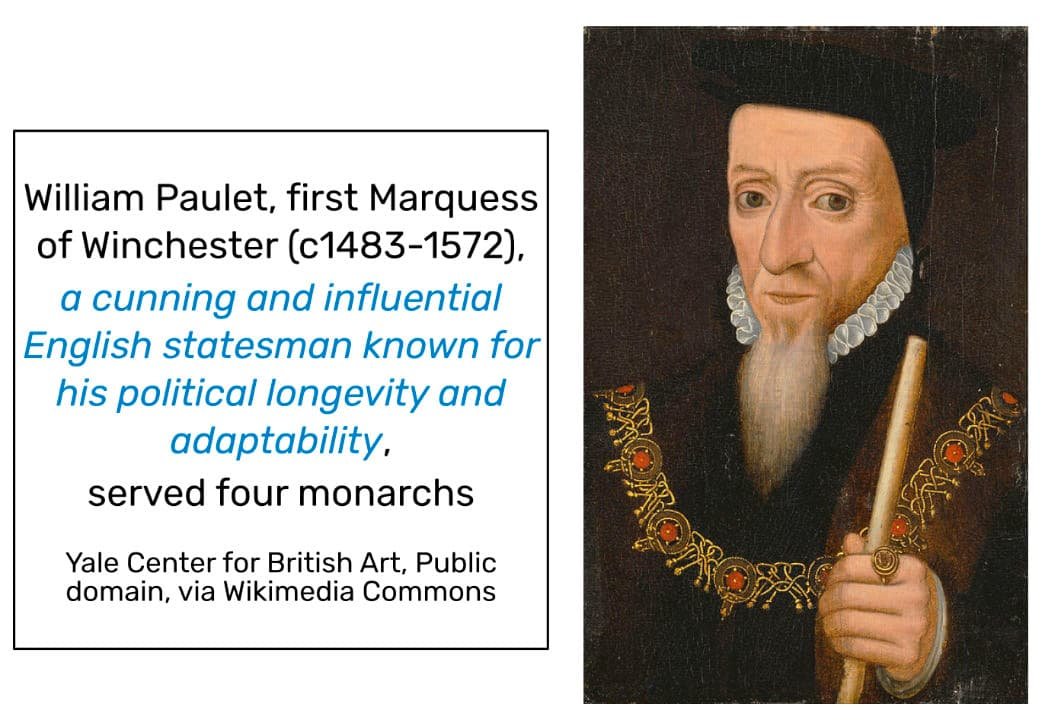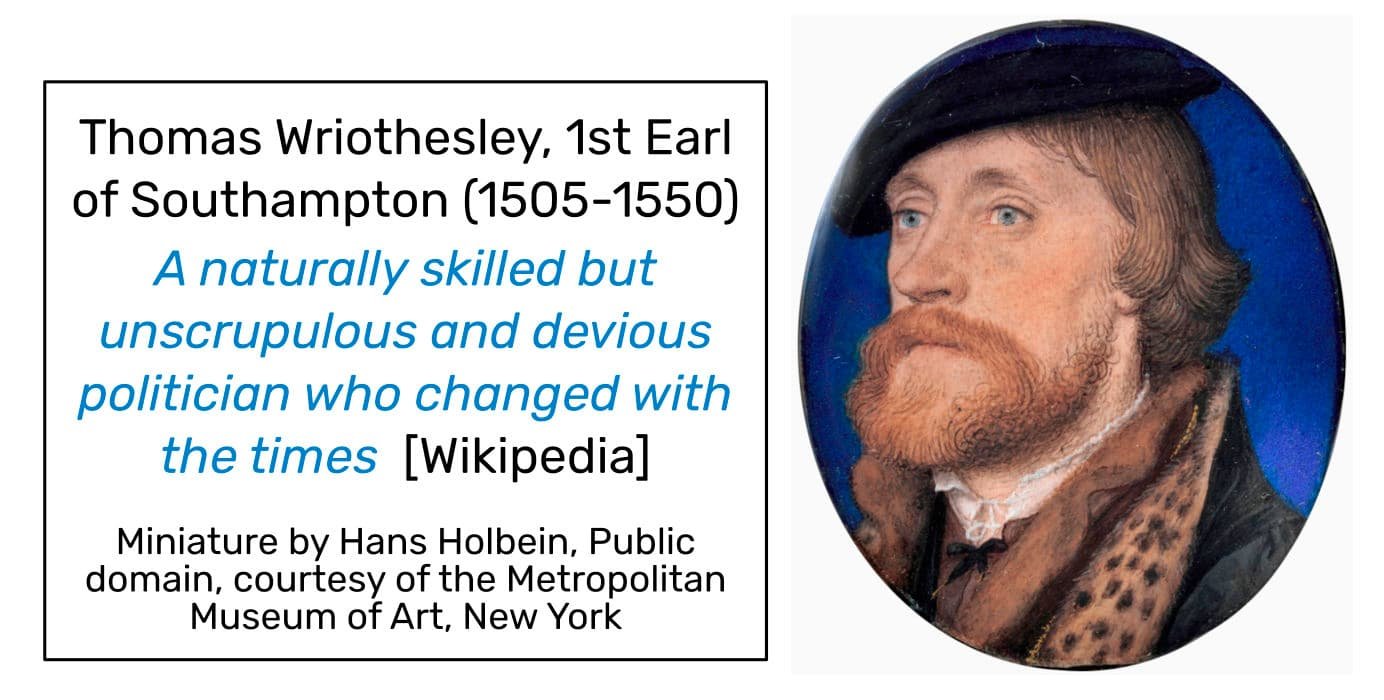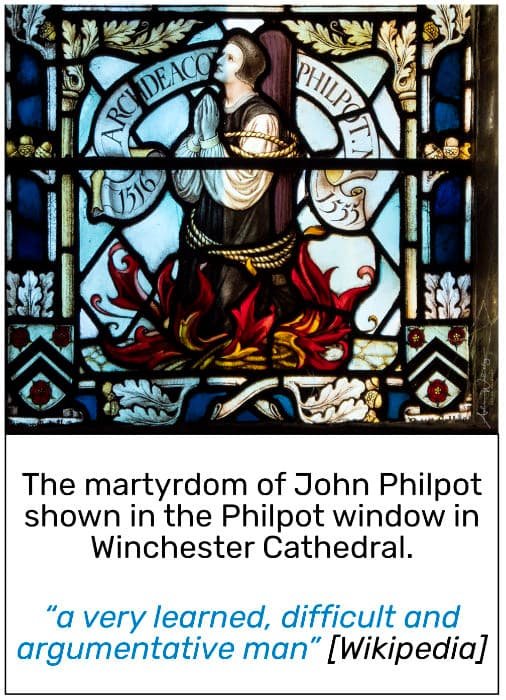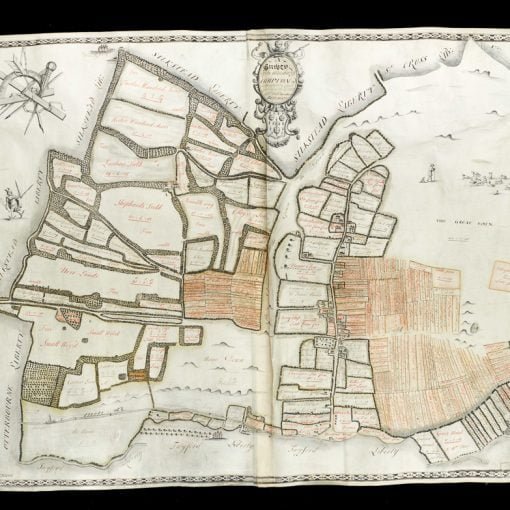Our speaker, Bill Robinson, has been digging into the history of Silkstead and the wider religious challenges of the 16th century.
The Reformation: How Henry VIII changed Winchester and its surroundings
In Hampshire, in Tudor times, religious tensions ran high.
Recusancy, the refusal to attend Church of England services, was a major issue.
We’ll explore why Catholics chose this path, defying the law and risking fines, imprisonment or even death.
We’ll meet some notable Hampshire recusants, from gentry families like the Wriothesleys and the Tichbornes.
Some families, such as the catholic Philpotts of Compton, were split by their religious differences. Fiercely protestant Archdeacon John Philpott was burned at the stake in Mary’s reign and is commemorated by this window in Winchester Cathedral.
Others, typified in song by the Vicar of Bray, changed their allegiance to suit the time. In real life William Paulet, 1st Marquess of Winchester converted and reconverted several times.
We will also look at how the religious changes impacted Compton and Shawford, including the history of Silkstead Manor and the mystery of what happened to this once illustrious house and Catholic school.
Details:
• 7:30pm Weds 27 Nov 2024 • Compton Sports Pavilion
• Open to all – no charge
• Bar open from 7pm
The Reformation: How Henry VIII changed Winchester and its surroundings.
In Tudor Hampshire, many residents clung to Catholicism after King Henry VIII’s break with Rome. These “recusants” refused to attend Church of England services.
We’ll explore the challenges they faced, from fines and imprisonment to social ostracism.
We’ll discuss notable figures like the wealthy Tichborne family, who held onto their faith despite government pressure, and what became of the catholic school at Silkstead.
7:30pm Wednesday 27 November 2024
at Compton Sports Pavilion
Open to all
Free to attend.
William Paulet image Yale Center for British Art, Public domain, via Wikimedia Commons


